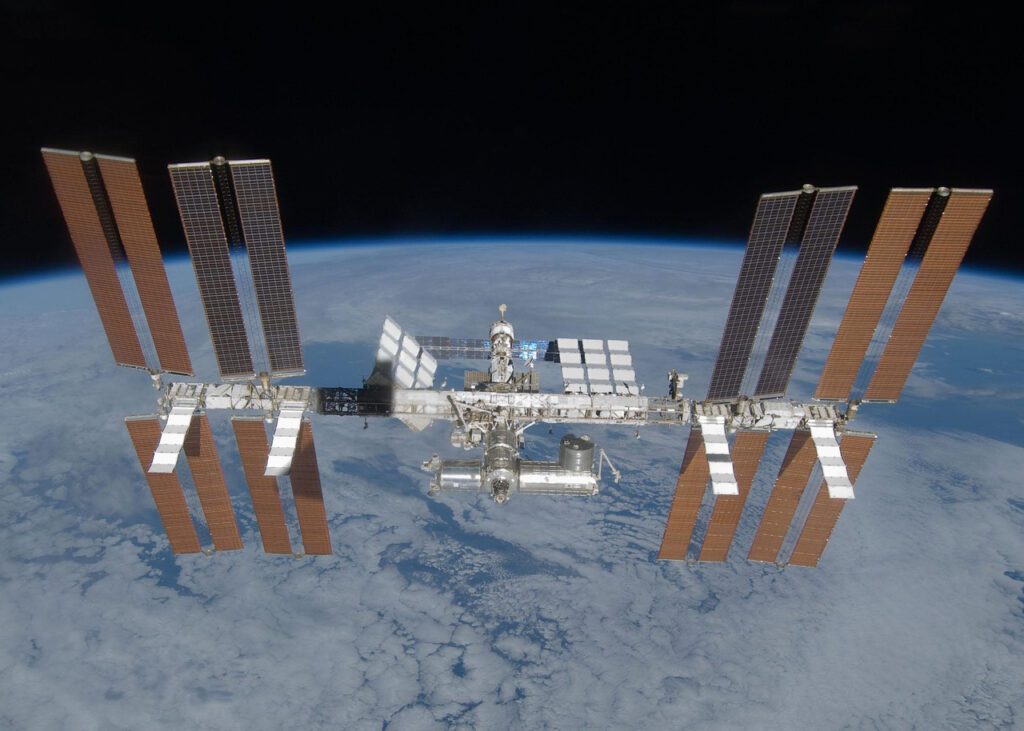“Biotech in space” may sound like the title of an old sci-fi movie but the real-life partnership offers tantalizing potential, an I am BIO podcast explains.
“The microgravity of lower earth orbit is helping scientists advance biotechnology in surprising ways. Scientists and entrepreneurs are conducting research at a dizzying pace, and finding potential solutions to problems we face here on earth,” explains podcast host Rachel King, BIO CEO.
First inhabited in 2000, the International Space Station (ISS) has been conducting experiments that take advantage of microgravity for over 22 years. Biotech has been a major beneficiary, according to the podcast guests who are all involved with the ISS.
On example: Scientists crystalize protein molecules to better understand their structure and develop drugs that interact with the molecules. Protein molecules crystallize better in space, explains Space Tango’s Alain Berenstain.
Space Tango makes CubeLab, a shoebox-sized container for conducting experiments, allows control of temperature, chemicals, moisture, and other factors.
Going commercial
In one potential commercial operation, LambdaVision uses CubeLab to layer micro-thin protein coatings to make artificial retinas that could restore vision for people with retinal diseases. Microgravity enables smoother layers, and the small flat retinas are easy to ship, with several already brought back from space, says LambdaVision CEO Nicole Wagner.
The next thing to go commercial will be the space station. The ISS will be decommissioned by 2030, but Axiom Space’s Jan Stoudemire says her company is using the ISS docking port to assemble the first commercial space station, which will serve biotechs and other customers.
“Commercial space stations will be critical to the growing space economy, especially as the ISS is decommissioned and governments increasingly turn to the private sector for services,” says podcast host King. “Perhaps space is the next frontier for biotechnology.”
Listen to the episode at www.bio.org/podcast or wherever you get your podcasts.




